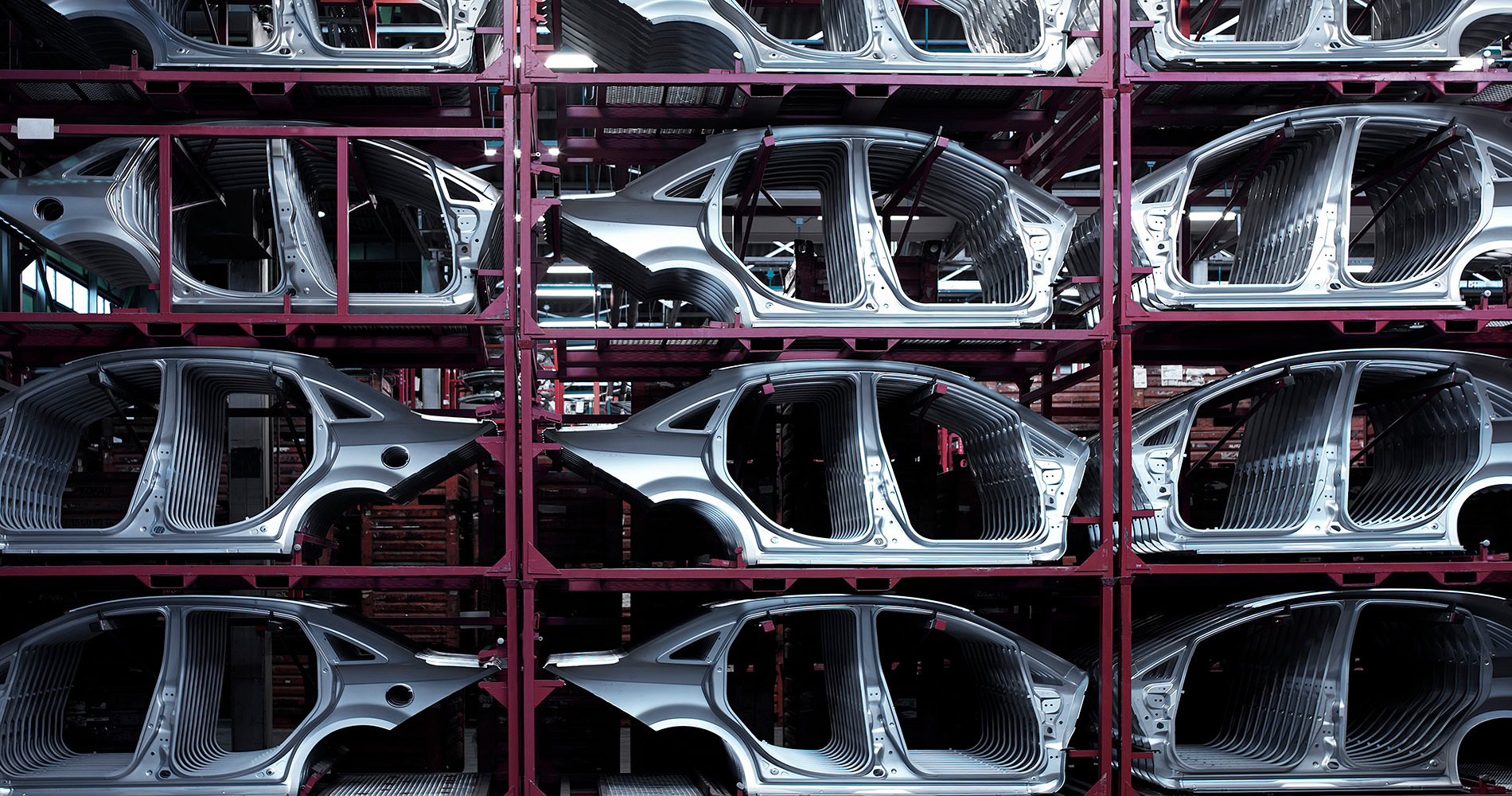That said, with a changing global market in mind, countries have been more willing to get involved in the planning and development of national automotive companies. Mexico’s “Olinia”, for instance, is a planned EV line set to be led by a new federal ministry, with a focus on affordability. As noted in its initial press release, the target demographic is families and young people, with three models expected to cost between US $4,400 to US $7,400—significantly lower than other EVs sold in the country.
The idea is that a nationally led framework will aid in the project’s coordination, with production intended to take place across several regions to keep costs down. Government ownership will also ensure a reliable stream of investment and that the end product is something attainable by the average Mexican family.
Turkey is pursuing a similar project through its Automobile Joint Venture Group (TOGG), a consortium of companies with the support and financial backing of the government. The goal is to create a national brand of EVs, with some models already being available for purchase.
With Mexico and Turkey offering prospective templates, Canada need not reinvent the wheel in pursuing its own, publicly owned automaker. Only the federal government has the ability to operate a program of this magnitude by bringing together our natural resources, skilled workforce, and industrial capacity to create a sustainable and affordable Canadian brand.



Very convenient, for you, to ignore that there’s more than a single solution to the issue.
If you build the infrastructure, make it safe, reliable, and more importantly useful, people will come.
Distance also becomes much easier to deal with when you build usable neighbourhoods with working transit solutions mixed use neighbourhoods reduce car use because the cornerstone, now created and only a block or two away from you, sells your food, the train/tram/subway is just a bit further, that takes you elsewhere in your town or city.
This isn’t rocket science, the reason Canada is so car dependant is that we cater our business to large stores with larger parking lits to satisfy car based businesses rather than anything else.
You don’t need density to create viable transit infrastructure, you need a will to move beyond cars as the default and only perspective. You don’t need a universal, one size fits all solution (this is what cars are touted as), you need a solution that suits the environment that its created within.
And I wasn’t suggesting one.
But by the same arguement, bikes or mass transit are not a practical solution for every situation either. They ought to be an available and a usable enough option that people will want to choose them when they make sense, but they are also not a one size fits all solution.